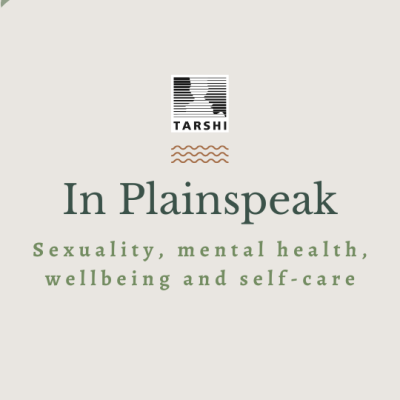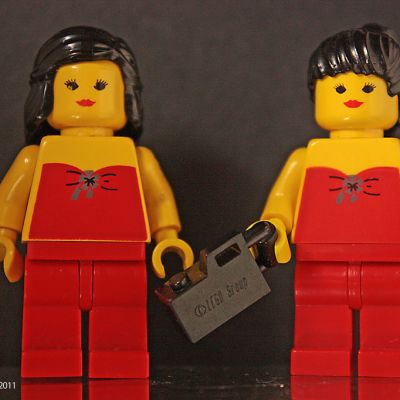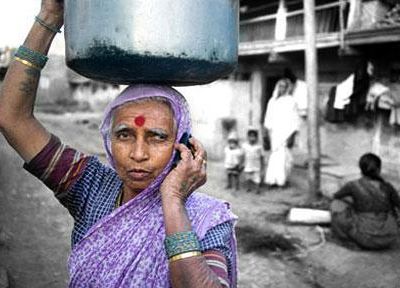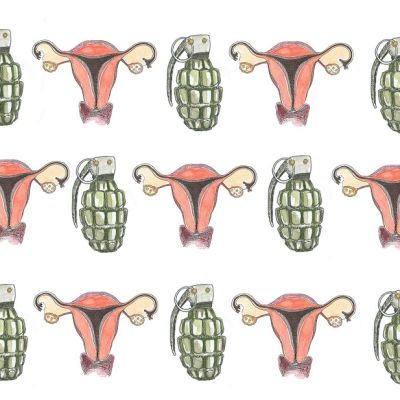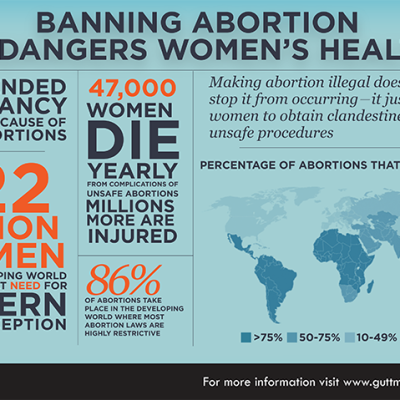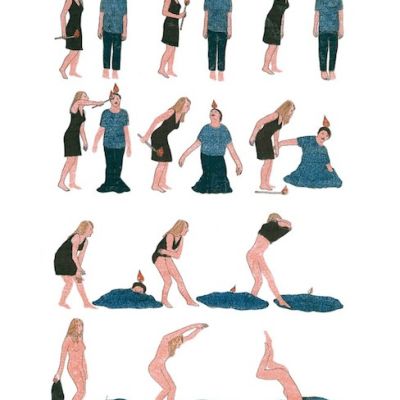Editorial
Sexuality can be said to influence and be influenced by every aspect of our lives. Talking about sexuality, however, is widely tabooed, especially at the workplace. Anything that evinces sexuality is at once mired in controversy – from clothing choices (of women, especially) to sexual harassment cases, from gender role-challenging career choices to sex work. Why is anything to do with sexuality seen as taking away the gravitas of work?
What does it mean to be a woman? Are you born one, or as Simone De Beauvoir writes in The…
As soon as March arrives, or even before it actually does, all the hullaballoo about Women’s Day begins. Since the…
“Development is about transforming the lives of people, not just transforming economies.” ― Joseph E. Stiglitz, Making Globalization Work Development…
Our desire to connect is perhaps one of the human aspirations that both Sexuality and the Internet serve. And with the Internet we now have new ways, unthought of even twenty years ago, of connecting with each other, and even at times with ourselves, finding aspects of our selves that we did not know existed.
“Any sufficiently advanced technology is indistinguishable from magic.” ― Arthur C. Clarke, Profiles of the Future: An Inquiry Into the…
Sports and Sexuality: many who hear the two terms together wonder how they are connected and what sexuality has got…
Greetings from TARSHI! We are very pleased to bring to you the first issue of In Plainspeak, our new monthly…
Not only has evolving discourse on sexuality influenced the fate of how sex work is understood, but also with the growth of sex workers’ rights movements, discourses on sex work are now being able to influence how we think about sexuality. In our issues on Sex Work and Sexuality this month, we hope to be able to traverse some of these convergences.
What is the self, and what does it mean to give care? Philosophers, activists, artists, scientists, people of all inclinations and positions have pondered on, played with, and struggled to come to meaningful definitions about the issues these questions address. Without care, can there be a self at all?
With Assisted Reproductive Technologies, science has managed to use technology to prise apart previous associations between reproduction and sex. With gender, class and queer theory, the social sciences have prised apart previous associations between gender and sex. We have found that knowledge through science, like knowledge of sexuality, can’t be pinned down to absolutes. “The more you know, the more you know you don’t know,” said Aristotle. While science may value the systematic and objective, it cannot escape the baffling convolutions of lived experience. How does life influence knowledge, and knowledge influence life?
This month we bring a range of contributions on the issue of Safe Abortion from activists working at the grassroots for the sexual and reproductive rights of women to have access to safe abortion.
Is there a relationship at all that cannot be defined by love? And, if we were to begin talking of relationships other than romantic love, how would we speak of sexuality? Upon this deliberation, we realised that our Love and Sexuality issue seemed to revolve around romantic love and sex. The departure this issue on Relationships and Sexuality makes is to try and incorporate forms of relationships that might not be about romantic love but have their own kind of romance, and facets of sexuality that might not be about sex per se but will place its interest in alternate relationships to it.
Happy New Year! We hope all your desires and expectations for 2014 are fulfilled. Despite everything that has happened, we…

